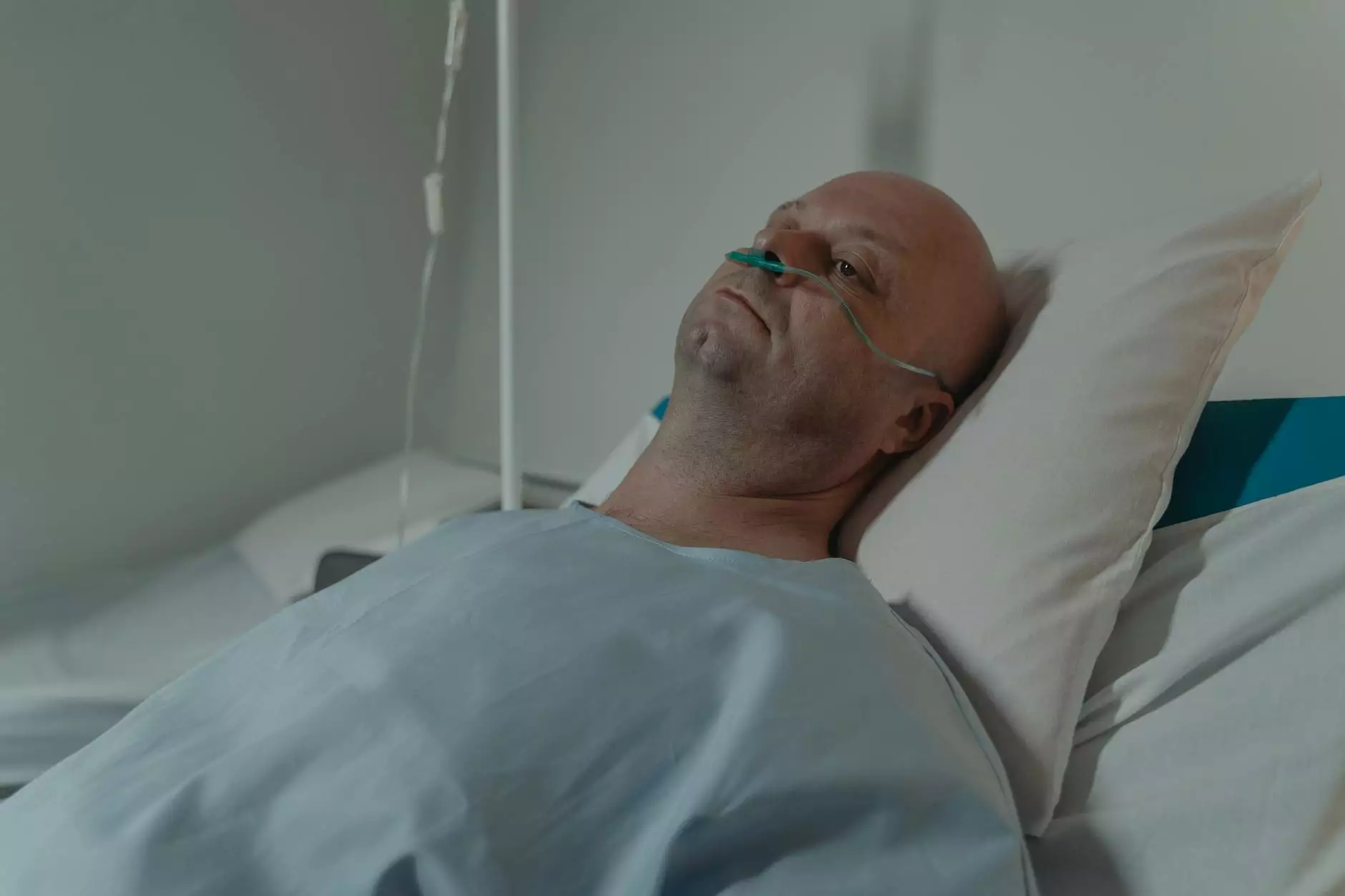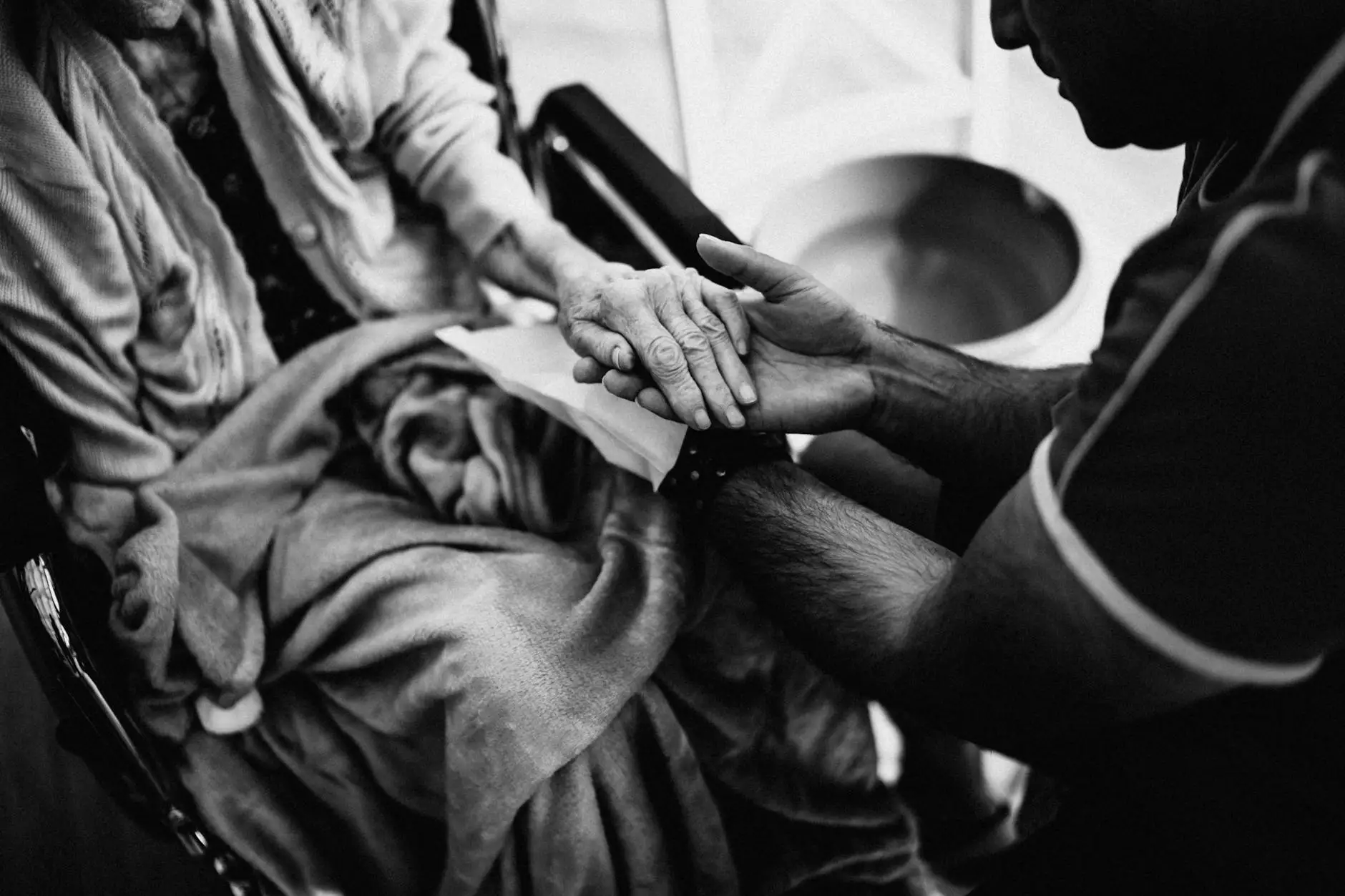Comprehensive Guide to Colon Cancer Treatment Centers

Colon cancer, also known as colorectal cancer, is one of the most common types of cancer worldwide. The prognosis greatly improves with early detection and access to specialized care. This is where colon cancer treatment centers play a pivotal role in providing advanced medical solutions and support systems for patients.
Understanding Colon Cancer
Colon cancer originates in the large intestine or rectum and often begins as polyps, which can become malignant over time. Understanding the stages of colon cancer is crucial for determining the treatment plan. Here’s a brief overview:
- Stage 0: Carcinoma in situ, where cancer is confined to the inner lining of the colon.
- Stage I: Cancer has grown into the inner layer but not beyond the colon wall.
- Stage II: Cancer has spread through the colon wall but hasn't yet spread to nearby lymph nodes.
- Stage III: Cancer cells are found in nearby lymph nodes, indicating it has spread.
- Stage IV: Cancer has spread to other parts of the body, such as the liver or lungs.
Why Choose Specialized Colon Cancer Treatment Centers?
Choosing the right medical facility is essential for effective treatment. Here are some compelling reasons to consider specialized colon cancer treatment centers:
- Expertise: Centers typically have oncologists specializing in colorectal cancers who stay current with the latest research and treatment modalities.
- Multidisciplinary Approach: A team including medical oncologists, surgical oncologists, radiation oncologists, and nutritionists collaborates for comprehensive care.
- Advanced Technology: Access to the latest diagnostic and treatment technologies improves treatment outcomes.
- Clinical Trials: Many treatment centers offer access to new therapies and clinical trials that may not be available elsewhere.
- Support Services: From nutritional counseling to psychological support, holistic care is an integral part of the treatment process.
Key Treatments Offered at Colon Cancer Treatment Centers
Understanding the types of treatments available can aid in making informed decisions. Here are the primary treatment methods:
Surgery
Surgery is often the primary option for treating localized colon cancer. Methods may include:
- Partial Colectomy: Removal of the affected part of the colon.
- Colostomy: In cases where a larger portion is removed, a stoma may be created for waste elimination.
- Laparoscopic Surgery: Minimally invasive procedures that promote quicker recovery times.
Chemotherapy
Chemotherapy uses drugs to kill cancer cells or stop their growth and may be administered either before surgery (neoadjuvant) or after (adjuvant).
- FOLFOX: A combination of leucovorin calcium, fluorouracil, and oxaliplatin.
- FOLFIRI: A regimen including leucovorin calcium, fluorouracil, and irinotecan.
Radiation Therapy
Radiation therapy is particularly beneficial for rectal cancer and can be used in conjunction with other treatments. There are two types:
- External Beam Radiation Therapy: Focused beams target the cancerous area from outside the body.
- Brachytherapy: Radioactive seeds are placed directly into or near the tumor.
Immunotherapy
Immunotherapy uses the body’s immune system to fight cancer. This can be particularly useful for metastatic colon cancer.
- Checkpoint Inhibitors: Help the immune system recognize and attack cancer cells.
- Cancer Vaccines: Designed to provoke a stronger immune response against tumors.
The Importance of Patient-Centric Care
At colon cancer treatment centers, the focus extends beyond just treating the disease; it encompasses holistic patient care:
- Personalized Treatment Plans: Tailored strategies based on the individual’s health status and cancer stage.
- Patient Education: Empowering patients through educational resources about their condition and treatment options.
- Support Groups: Facilitating connections with others facing similar challenges enhances mental well-being.
What to Expect During Treatment
Understanding the treatment process can alleviate much of the anxiety that comes with a cancer diagnosis. Patients can generally expect the following:
- Initial Consultation: Discussing symptoms, medical history, and diagnostic tests.
- Diagnosis Confirmation: Biopsies, imaging tests, and pathology reviews will confirm the diagnosis.
- Treatment Discussion: The oncology team will present options and develop a personalized treatment plan.
- Ongoing Monitoring: Regular follow-ups and imaging will help monitor progress and manage side effects.
Location-Specific Excellence: Finding the Right Colon Cancer Treatment Center
When searching for a colon cancer treatment center, it's essential to consider several key factors:
- Accreditation and Recognition: Ensure the center is accredited by recognized medical organizations.
- Access to Specialists: Look for centers with a team of highly qualified oncologists.
- Patient Reviews: Read testimonials to gauge previous patients' experiences.
- Location and Accessibility: Consider how easy it is to reach the center for appointments and treatments.
Conclusion: Empowering Your Journey
The journey through colon cancer can be daunting, but with the right resources and support, patients can navigate their treatment successfully. By choosing a specialized colon cancer treatment center, patients gain access to cutting-edge medical care, a robust support network, and personalized treatment plans that cater to their unique needs.
For more information on advanced colon cancer treatments and to find a treatment center near you, visit oncologicalsurgery.net.









